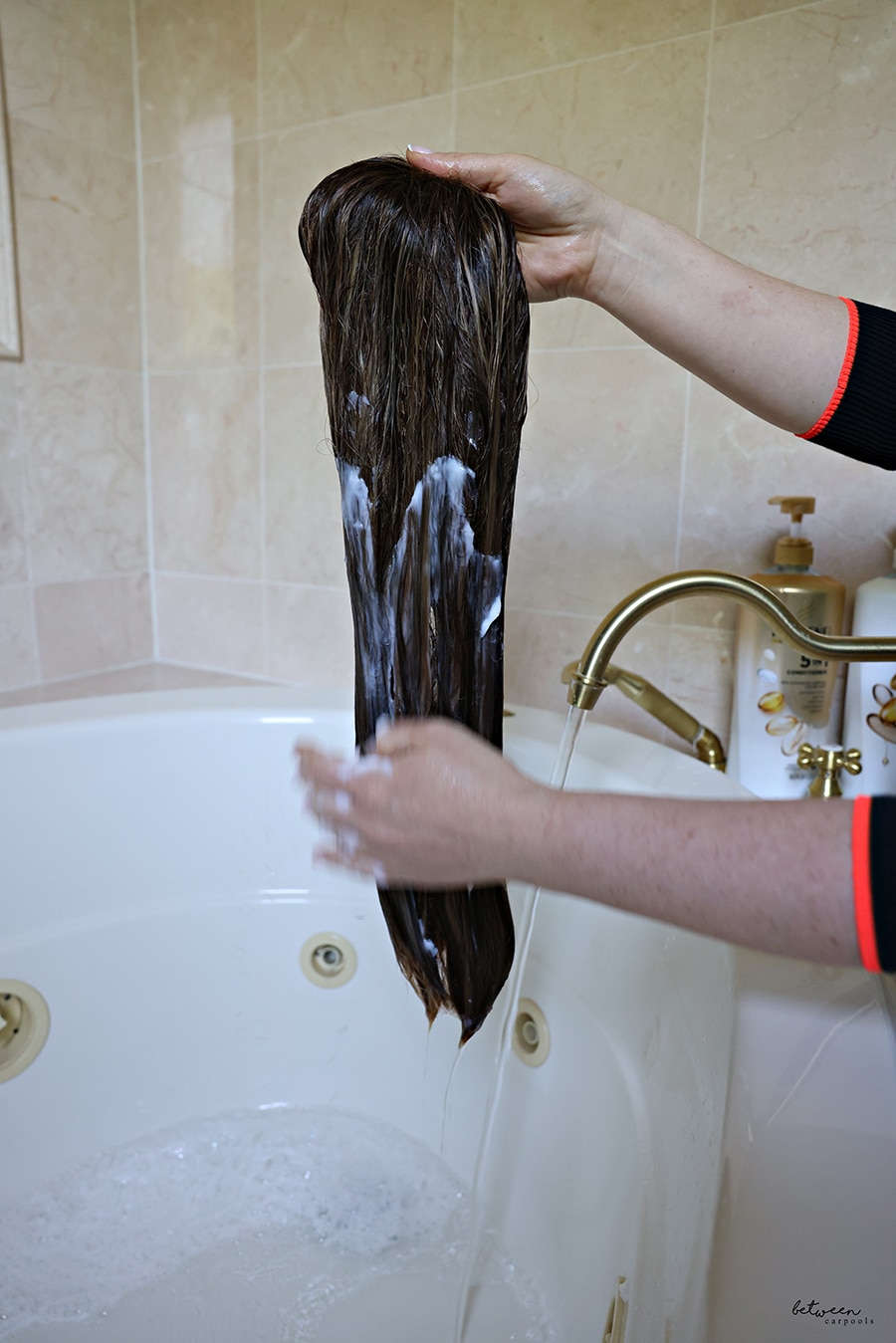Computer Random Restarts While Gaming: Troubleshooting Guide
Why your computer randomly restarts when gaming
Few things are more frustrating than being in the middle of an intense gaming session when your computer abruptly restarts without warn. This common problem affect gamers of all levels and can stem from various hardware and software issues. Understand the root causes and implement proper solutions can help you get game to uninterrupted gaming.
Common causes of random restarts during gaming
Overheat issues
Overheat is one of the virtually frequent culprits behind random restarts during gaming. Modern games push your computer’s components to their limits, generate significant heat in the process.
Your computer has built in protection mechanisms that trigger a shutdown or restart when components reach dangerous temperature thresholds. This prevents permanent damage to yourCPUu,GPUu, and other critical hardware.
Signs of overheat include:
- Restarts occur during diagrammatically intensive game sequences
- Hot air blow from computer vents
- System shutdowns after prolonged gaming sessions
- Unusual fan noise or fans run at maximum speed
Power supply problems
An inadequate or fail power supply unit (pPSU)frequently cause random restarts during gaming. Games require significant power, specially when run hihigh-endraphics cards and processors. If your psPSUacan’till deliver sufficient stable power, your system will shut down circumstantially.
Common power supply issues include:
- Insufficient wattage for your components
- Age PSU with degraded capacitors
- Power fluctuations or instability
- Loose power connections
Hardware conflicts and failures
Faulty hardware components can trigger random restarts. Ram issues are specially common culprits, as memory errors oftentimes manifest during memory intensive activities like gaming.
Other hardware relate causes include:

Source: drivereasy.com
- Fail or improperly seat ram modules
- GPU defects or overheat
- Motherboard issues
- CPU instability
- Loose internal connections
Driver and software issues
Outdated or corrupted drivers oftentimes cause system instability during gaming. Graphics drivers are particularly critical, as they direct interface with demand games.
Software relate restart triggers include:
- Outdated GPU drivers
- Incompatible driver versions
- Corrupted system files
- Conflicts between game software and other applications
- Bios / UEFI configuration problems
Overclocking instability
If you’ve overclock your cCPU gGPU or ram to boost gaming performance, you might have ppushedyour components beyond their stable operating limits. Excessive overclocking can cause system instability, result in crashes and random restarts.
Diagnose the specific cause
Monitoring system temperatures
Start your troubleshooting by check component temperatures during gaming sessions. Several free monitoring tools can help:
-
Monitor:
Displays real time temperature readings for CPU, GPU, and other components -
MSI afterburner:
Offer comprehensive GPU monitoring with on-screen display capabilities -
Core temp:
Focus specifically on CPU temperature monitoring
For most CPUs, temperatures above 80 85 ° c under load indicate potential cooling problems. GPUs typically run hot, but sustain temperatures above 85 90 ° c can cause instability.
Check event viewer logs
Windows event viewer oftentimes contain valuable clues about system crashes:
- Press Windows key + r, type” eevent” a” press enter
- Navigate to windows logs > system
- Look for error or critical events around the time of restarts
- Pay special attention to events with sources like” kernel power ” event idID1 ))hich indicate unexpected shutdowns
Testing hardware components
Consistently test hardware components can identify specific failures:
-
Ram testing:
Use memtest86 + to check for memory errors -
GPU stress testing:
Tools like fur mark can reveal graphics card stability issues -
CPU stress testing:
Prime95 can identify processor instability -
PSU testing:
While specialized equipment is best, monitor voltage readings in bios or use software like info can provide insights
Solutions for random restart issues
Fix overheat problems
If temperature monitoring confirm overheat issues, try these solutions:
-
Clean your computer:
Dust buildup in fans and heat sinks badly impairs cool. Use compress air to clean all cool components exhaustively. -
Improve case airflow:
Ensure your case have adequate intake and exhaust fans position for optimal airflow. -
Replace thermal paste:
Old or improperly apply thermal paste between your CPU / GPU and their heat sinks can cause poor heat transfer. Cautiously remove old paste and apply a fresh, thin layer. -
Upgrade cool solutions:
Consider aftermarket CPU coolers, additional case fans, or eventide liquid cooling for high performance systems. -
Adjust fan curves:
Use motherboard utilities or software like speed fan to create more aggressive fan profiles during gaming.
Address power supply issues
For power relate problems, consider these approaches:
-
Upgrade your PSU:
If your current power supply is insufficient, invest in a higher wattage unit. Choose a reputable brand with 80 + certification. -
Calculate power requirements:
Use online PSU calculators to determine your system’s needs base on your specific components. -
Check connections:
Ensure all power cables are firmly connected to your motherboardGPUpu, and other components. -
Use a up:
An uninterruptible power supply can protect against external power fluctuations that might affect system stability.
Resolve driver and software issues
Software relate solutions include:
-
Update graphics drivers:
Download and install the latest drivers direct from NVIDIA, AMD, or intel websites preferably than use Windows update. -
Clean driver installation:
Use CDU (display driver uninstaller )to entirely remove exist graphics drivers before ininstallresh copies. -
Update windows:
Ensure your operating system have all current updates and security patches. -
Check for game specific issues:
Search online forums for known issues with specific games and look for official patches or community fixes. -
Scan for malware:
Run a comprehensive malware scan to rule out infections that might cause system instability.
Fix hardware problems
When hardware issues are identified:
-
Reseat components:
Disconnect and cautiously reconnect ram modules, GPU, and other internal connections. -
Test with minimal configuration:
Remove all non-essential hardware to identify problematic components. -
Update bios / UEFI:
Check manufacturer websites for firmware updates that might improve system stability. -
Replace faulty components:
If testing confirm hardware failure, replace the affected parts.
Address overclocking issues
If you’ve overclock your system:
-
Reset to default settings:
Return to stock speeds to test if stability improve. -
Conservative overclocking:
If you stock still want performance benefits, try more modest overclocking with thorough stability testing. -
Adjust voltage settings:
Sometimes somewhat increase component voltages can stabilize an overclock, but proceed with caution.
Preventive measures for long term stability
Regular maintenance practices
Implement these habits to prevent future restart issues:

Source: techilife.com
- Clean your computer’s interior every 3 6 months
- Monitor temperature regularly during gaming
- Keep drivers and software update
- Replace thermal paste every 1 2 years for hard use systems
Optimize gaming settings
Sometimes adjust in game settings can reduce system stress:
- Lower graphical settings in especially demand games
- Cap frame rate to preventGPUu overexertion
- Close background applications while game
- Consider gaming at cooler times of day during hot weather
Hardware upgrades worth consider
If you continue experience issues despite troubleshoot, these upgrades might help:
- Higher quality power supply with greater capacity
- Improved cool solutions (better cCPUcooler, additional fans )
- Case with better airflow design
- Update components if current hardware is age
When to seek professional help
While many restart issues can be resolved throughDIYy troubleshooting, some situations warrant professional assistance:
- Persistent problems despite try all recommend solutions
- Signs of electrical issues like burn smells or visible component damage
- Custom water cool loop problems
- Systems under warranty where DIY repairs might void coverage
Final thoughts
Random restarts during gaming can be frustrating, but with systematic troubleshooting, most issues can be resolved. Start with the about common causes — overheat and power supply problems — before move to more complex hardware and software troubleshoot.
By maintain your system decently and address problems quickly, you can enjoy stable, uninterrupted gaming sessions. Remember that prevention through regular maintenance is frequently easier than solve problems after they occur.
If you’ve tried multiple solutions without success, don’t hesitate to consult with computer repair professionals who havspecializedze diagnostic tools and expertise. Sometimes a fresh perspective can promptly identify issues that might overlookedook during self troubleshooting.



